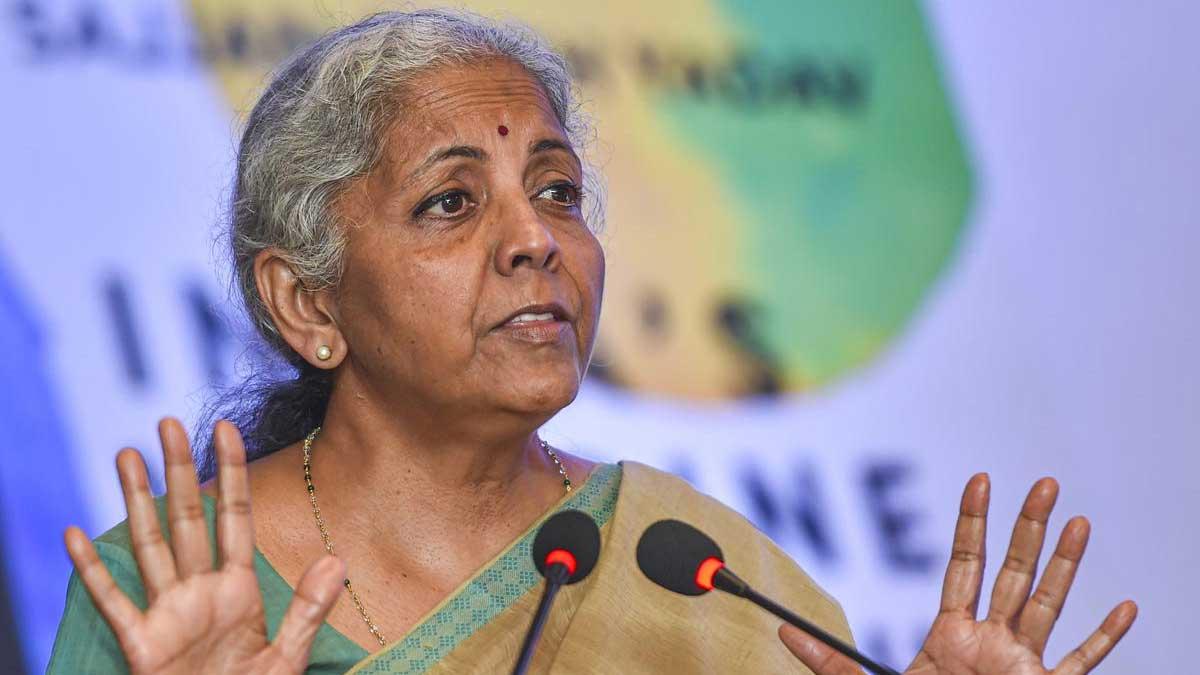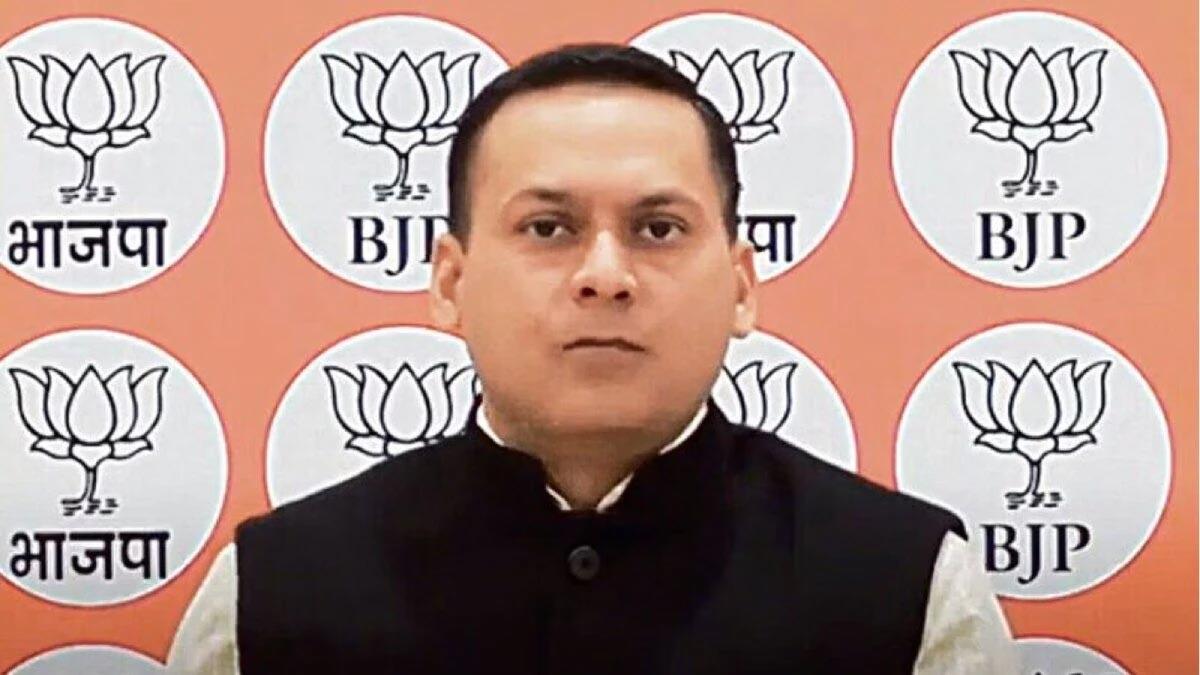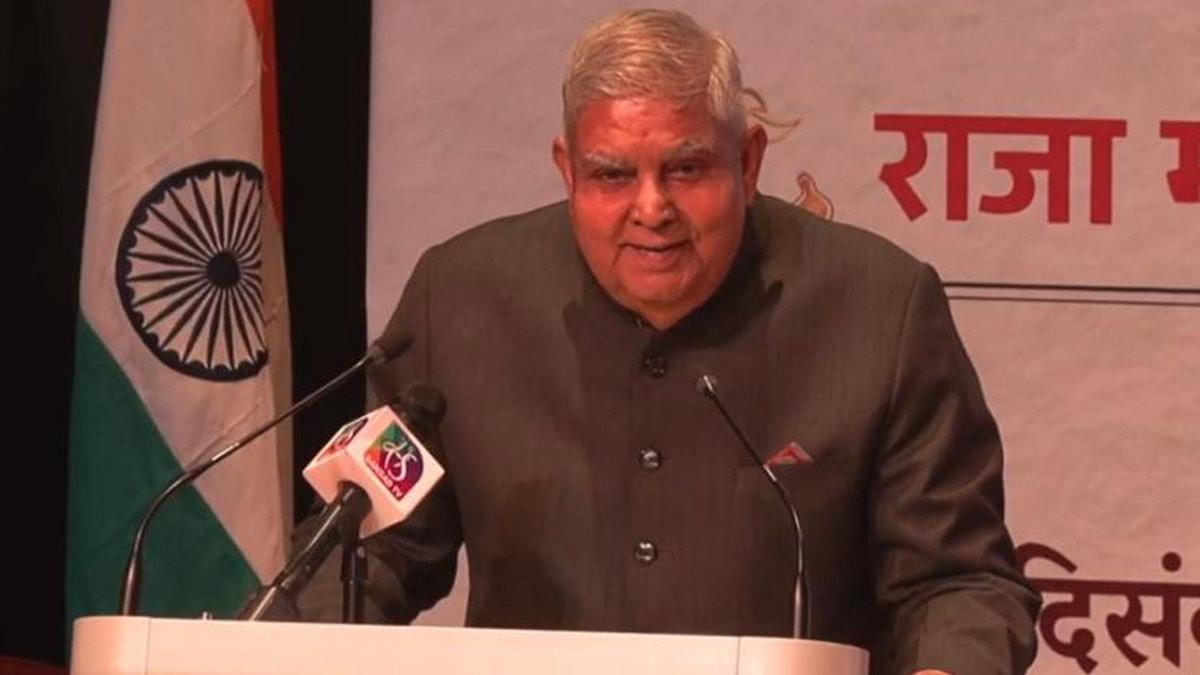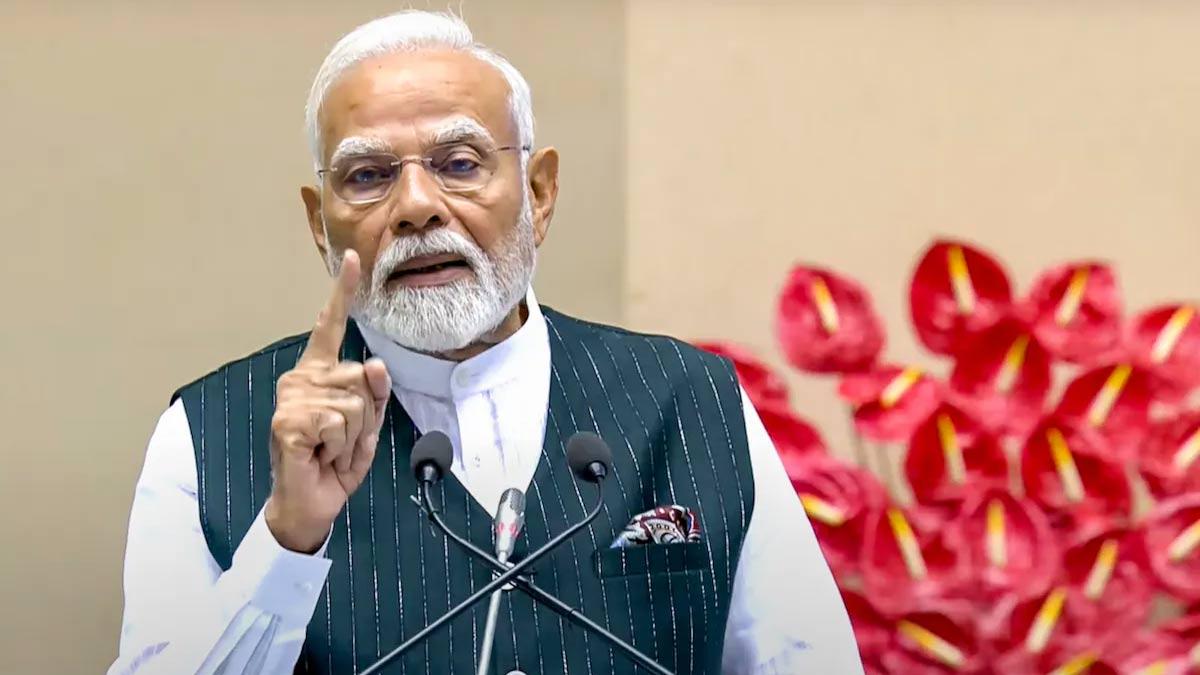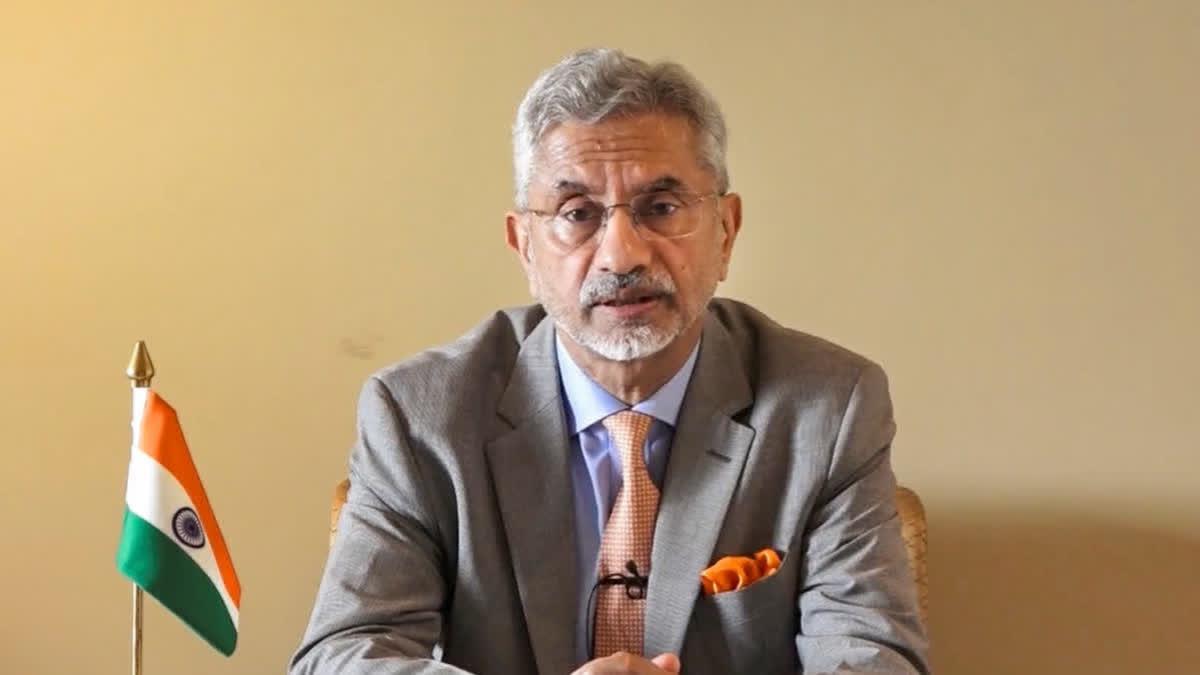Recently, BJP leader and Finance Minister, Nirmala Sitharaman questioned how aware the Congress party was of the financial implications tied to the social welfare schemes they promised. One of these schemes includes providing Rs 1 lakh to women from below poverty line families. Sitharaman pointed out the necessity of including the GDP growth while calculating the debt, slamming the lack of transparency in the Congress party's promises.
She challenged the Congress party to assess the fiscal costs of their manifesto promises and asked them whether they would go on a borrowing spree or increase taxes to fund their schemes. Moreover, she asked how the Congress party intended to accommodate the financial burden of their promised schemes without discontinuing some of the existing welfare programs.
Sitharaman alluded to Rahul Gandhi's pledge to transfer Rs 1 lakh to the account of one woman from every poor household if the Congress party comes to power. She asked Gandhi how such schemes could be implemented without imposing heavy taxes or increasing borrowing, which could have an adverse impact on the economy.
Contrary to criticism, Sitharaman defended the fiscal management under PM Modi's leadership by the BJP government, saying their performance has been far superior compared to the UPA government, especially during the COVID-19 pandemic. Despite the pandemic, the BJP government was able to check the rise in the central government debt and bring down the fiscal deficit over time.
She said that during the UPA rule from FY04 to FY14, the central government debt increased astronomically; however, under the BJP government, even during the COVID pandemic, the growth in debt was relatively lower. Sitharaman emphasized that the government is committed to fiscal consolidation and brought down the fiscal deficit and debt-to-GDP ratio in recent years.
Sitharaman hit hard at the UPA government practice of issuing special bonds to hide fiscal deficits and policy misadventures that resulted in losses for the exchequer. She also indicated that DBT has checked leakages and corruption under government schemes.
Sitharaman then made a comparison between India's debt-to-GDP ratio and that of other countries, showing that India's is not that high despite all the headwinds in the world economy. She asserted that India's debt is stable since a large part of it is rupee-denominated and, hence, has less exposure to volatility in exchange rates.
Read also | India's bloc leaders fear Pakistan's nuclear power: Prime Minister Modi

